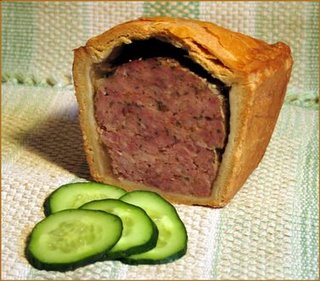
Downing Street's denial of Cherie Blair's 'Well that's a lie' comment during Gordon Brown's conference speech has itself produced similar comments across the news media. Nobody believes them - or wants to believe them. And no news editor in his or her right mind is going to ignore the story on the basis that the Bloomberg editor who overheard Cherie's comment might have got it wrong.
It's a classic example of a news story generated by the very presence of the news media themselves. It is no headline-grabbing revelation that Cherie doesn't like Gordon. Her husband admitted as much in his carefully formulated 'bloke next door' joke in his Conference speech yesterday.
It's the fact that Cherie was (might have been) heard to utter the remark by a journalist, that makes it such an interesting story - even more significant than the conversation between Blair and Bush that was recently overheard through an open microphone. It provides the hook for the story and sets an agenda for much comment and analysis. The fact that the agenda is not the one that the Labour Party was trying to orchestrate, makes it even more attractive.
Contributors to the Guardian's Organ Grinder blog have certainly had a lot of fun with Downing Street's suggestion that Cherie had actually said something else that just sounded like 'Well that's a lie'. Here's one example of a comment that all political spin is ultimately futile.
If I was married to Tony Blair, I'm sure that 'that's a lie' would be one of my most used phrases.
WMDs in Iraq? That's a lie. Didn't expose Dr David Kelly. That's a lie. Didn't sell peerages. That's a lie. Didn't agree to a war with Bush. That's a lie. Will be whiter than white. That's a lie.
Filed under:
Cherie Blair spin Labour Party
